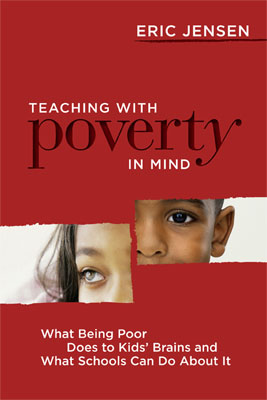I don't know if you have used task cards yet in your classroom. I had never heard of them until I started hanging around the Teachers Pay Teachers forums, and reading some of the other blogs. Even after I heard about them, I was afraid they were too elementary. It seems like the elementary teachers are often the ones talking about task cards. Boy.....I was missing out. I haven't used a few sets, in a couple of different ways, and plan to use them more often (I am teaching all high school this year).
If you haven't used task cards in your classroom yet, they can be used a lot of different ways. They could be a warm-up or closure activity that is used with a projector (in my set I created a full-size version and a 4 per page, card version). They could also be used for review activities such as "scoot," "roam the room," or put a few at each station. Another one of my favorite things about task cards is that they are easy to differentiate. In my set there are 5 different levels of questions on each topic. You can certainly pick and choose which cards you use, or which cards are used by each student (you can even assign them card numbers to work on).
I created my first set to post on Teachers Pay Teachers. See the picture preview below.

They are human body systems task cards. This is a topic that is commonly taught in 4th grade, again in middle school, and again in high school (at least here in NY). These cards go from a basic level to more complex. They include a total of 50 cards, where 5 of the cards on the human body systems in general, or together, and then there are 5 cards on each body system.
Here is my first bit of feedback! That makes my day!!
Do you have particular topics on which you would like to see task cards? What tips do you have for using them?These are also part of a larger bundle of human body activities, which include labs and foldables on the respiratory system, digestive system, circulatory system, skeletal and muscular system, and nervous and endocrine systems

















